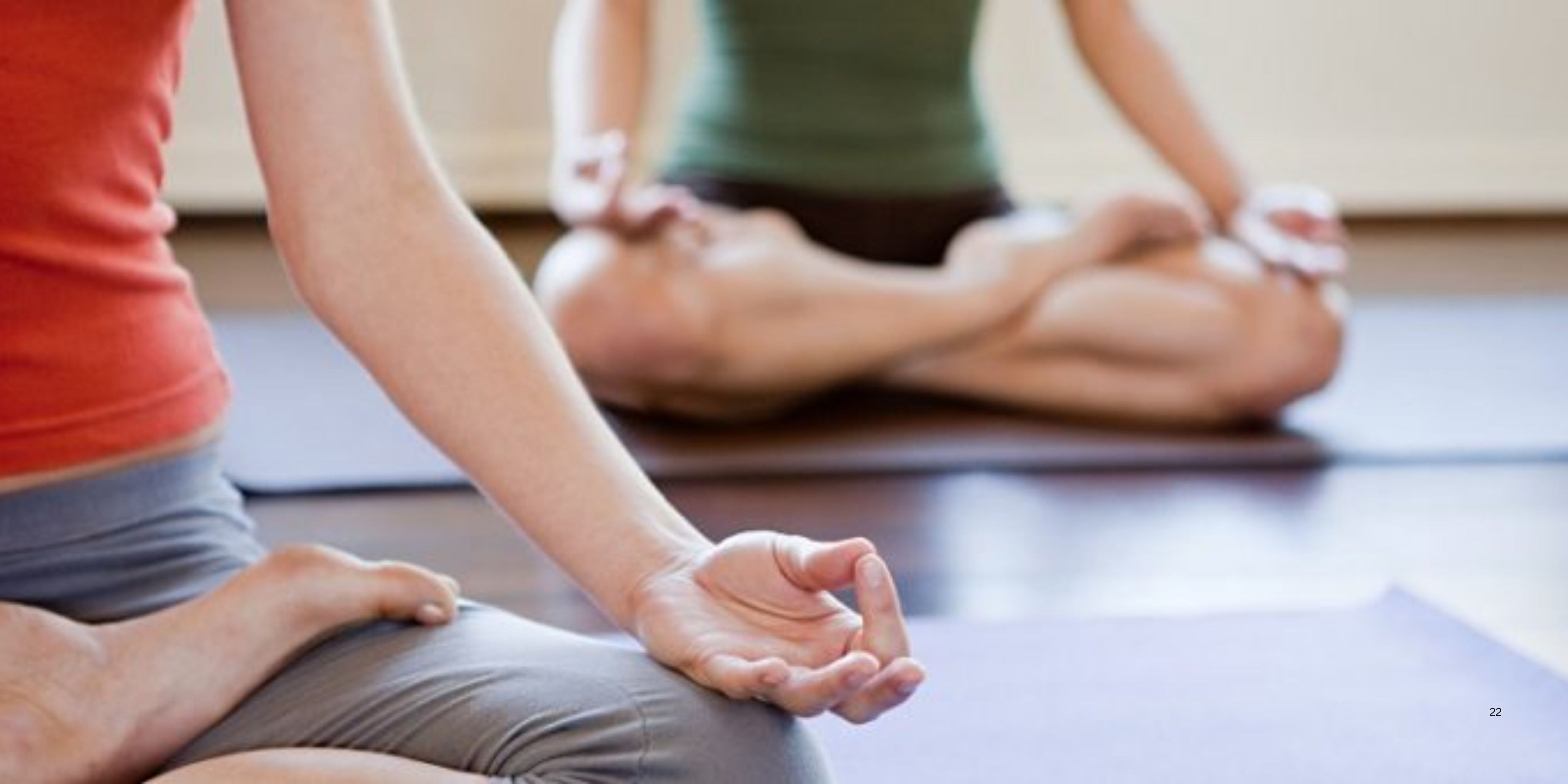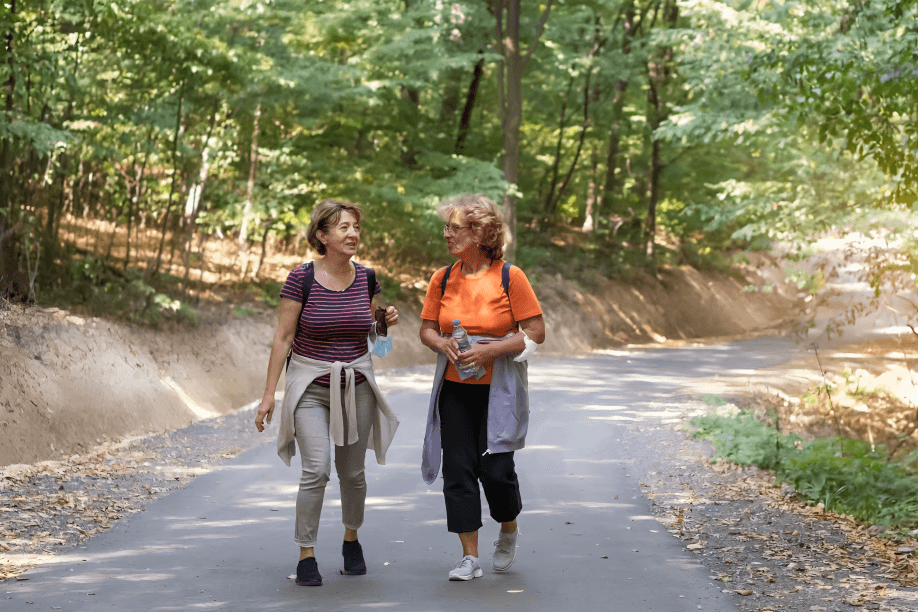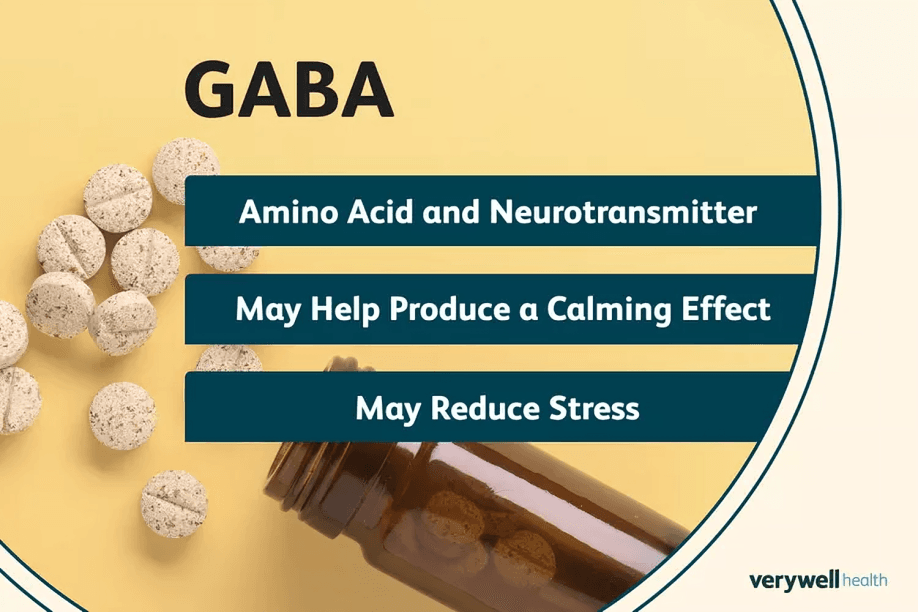
“
Exercise helps reduce anxiety & depression by naturally boosting the brain’s production of feel-good chemicals like endorphins and serotonin. Regular physical activity acts as a powerful, drug-free method for improving mood, reducing stress, and supporting overall mental health. Integrating movement into daily life is a proven strategy to nurture resilience and happiness.1
1
”
Engaging in regular physical activity stimulates the release of endorphins—natural mood enhancers—that alleviate symptoms of anxiety and depression, fostering a sense of well-being and emotional balance. 1
Aerobic exercises like walking and cycling have been shown to decrease cortisol levels, the body's primary stress hormone, thereby reducing anxiety and promoting a calmer mental state. 2

Incorporating exercise into therapy sessions, such as "walk-and-talk" approaches, enhances treatment efficacy by combining physical movement with psychological support, leading to improved mental health outcomes.
A study involving over 50,000 participants found that regular exercise significantly lowers the risk of heart disease and reduces stress-related brain activity, highlighting its dual benefits for mental and physical health. 3
Dancing, as a form of physical activity, not only improves cardiovascular health but also boosts mood by releasing oxytocin and endorphins, making it effective in reducing stress and anxiety.4
Progressive Muscle Relaxation (PMR), a technique involving systematic tensing, has been effective in reducing anxiety levels among various populations, including students and patients with chronic illnesses. 5

Regular walking enhances cognitive functions such as memory and focus while simultaneously reducing symptoms of depression and anxiety by promoting the release of mood-regulating neurotransmitters.
Exercise serves as a healthy coping mechanism, diverting attention from negative thoughts and breaking the cycle of rumination often associated with depression and anxiety disorders. 6
Engaging in group physical activities fosters social connections, which are crucial for mental health, as they provide support systems that can alleviate feelings of loneliness and isolation. 7
Yoga and Tai Chi combine physical movement with mindfulness, effectively reducing stress and anxiety levels by promoting relaxation and enhancing emotional regulation. 8
Regular physical activity improves sleep quality, which is essential for mental health, as adequate rest helps regulate mood and reduce symptoms of anxiety and depression. 9
Exercise increases self-efficacy by providing individuals with a sense of accomplishment, which can boost confidence and reduce feelings of helplessness associated with depression. 10
Physical activity enhances neuroplasticity, the brain's ability to adapt and reorganize, which is beneficial in recovering from depression and improving overall mental resilience. 11
Exercise stimulates the production of Brain-Derived Neurotrophic Factor (BDNF), a protein that supports the growth of new neurons, aiding in the treatment of depression. 12
Physical activity can act as a distraction from stressors, providing a mental break and reducing the intensity of anxiety symptoms. 13

Regular exercise has been linked to increased levels of gamma-aminobutyric acid (GABA), a neurotransmitter that helps calm the nervous system and reduce anxiety.
Exercise helps regulate the hypothalamic-pituitary-adrenal (HPA) axis, which controls stress responses, thereby reducing the physiological impact of stress and anxiety. 14
Regular exercise can reduce inflammation in the body, which has been linked to the development and progression of depression. 15
Physical activity can improve heart rate variability (HRV), an indicator of autonomic nervous system balance, which is associated with reduced anxiety and better stress management.16
Exercise has been shown to be as effective as antidepressant medications in some cases, providing a natural alternative for managing depression and anxiety symptoms.17


